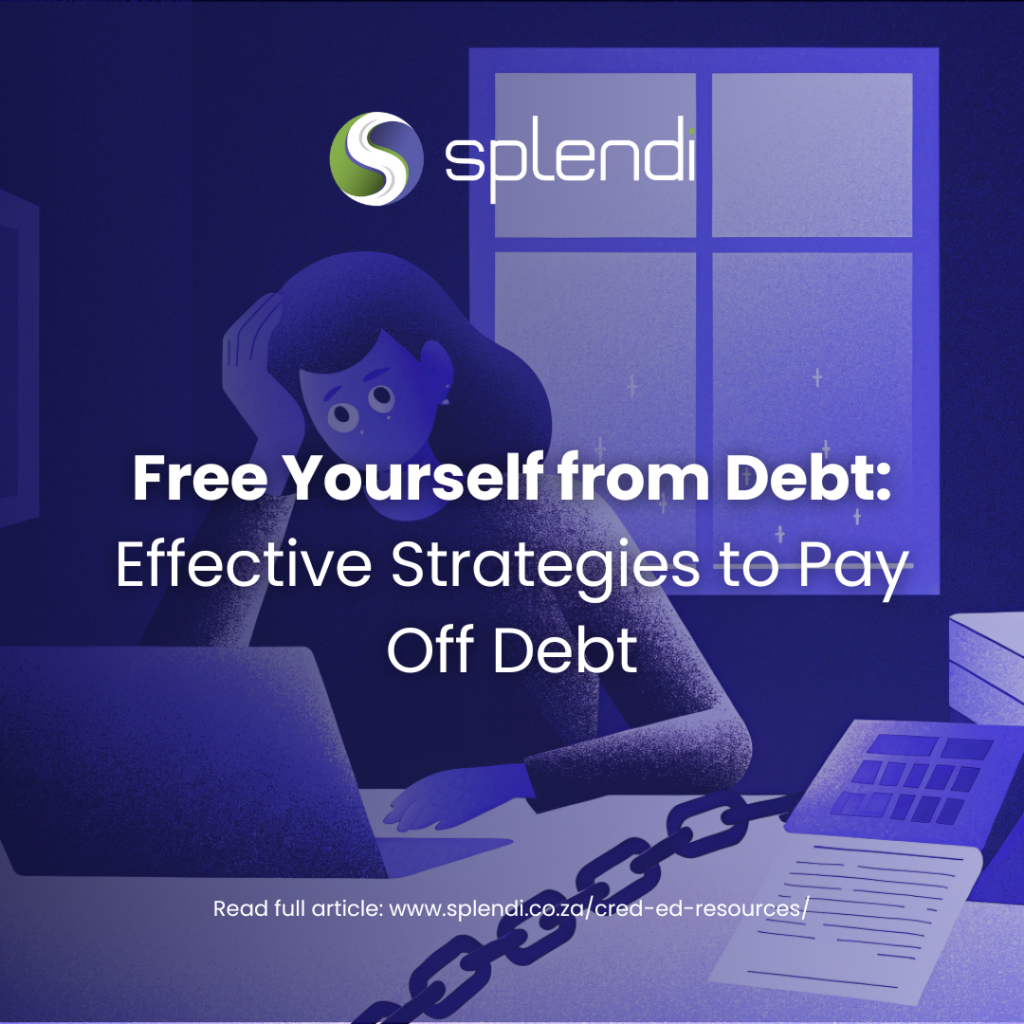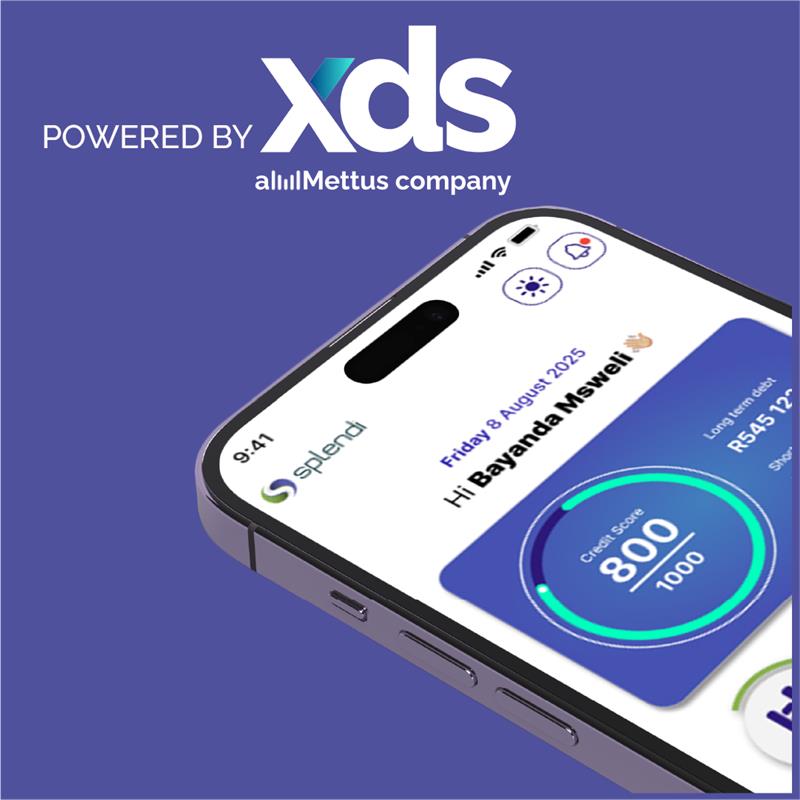Debt can be overwhelming and stressful, but with the right strategies, you can take control of your finances and work towards a debt-free future. Splendi is here to guide you through some effective ways to pay off debt and achieve financial freedom.
Create a Budget
The first step in paying off debt is to create a detailed budget. List all your income sources and expenses to understand where your money is going. Identify areas where you can cut back and allocate more funds towards debt repayment.
Scenario: Asivile realises that she’s spending too much on dining out and entertainment. By cutting back on these expenses and sticking to a budget, she frees up an extra R2,000 each month to put towards her credit card debt.
Prioritise Your Debts
Not all debts are created equal. Focus on paying off high-interest debts first, such as credit card balances. This approach, known as the “avalanche method,” saves you money on interest and helps you pay off debt faster. Alternatively, the “snowball method” involves paying off smaller debts first to build momentum and motivation.
Scenario: Oratile has multiple debts, including a high-interest credit card and a small personal loan. He decides to pay off the credit card debt first to reduce the overall interest he’s paying, while making minimum payments on the personal loan.
Consider Debt Consolidation
Debt consolidation involves combining multiple debts into a single loan with a lower interest rate. This can simplify your payments and reduce the total interest you pay. Look for consolidation options that suit your financial situation, such as personal loans or balance transfer credit cards.
Scenario: Karen has several credit card debts with high interest rates. She takes out a personal loan with a lower interest rate to consolidate her debts, making it easier to manage her payments and save on interest.
Negotiate with Creditors
Don’t hesitate to reach out to your creditors to negotiate better terms. You might be able to lower your interest rate, waive late fees, or establish a more manageable payment plan. Creditors are often willing to work with you if it means they’ll get their money back.
Scenario: Nandi contacts her credit card company and negotiates a lower interest rate. This reduces her monthly payments and makes it easier for her to pay off her debt faster.
Increase Your Income
Finding ways to boost your income can accelerate your debt repayment. Consider taking on a side job, freelancing, or selling unused items. Use the extra income exclusively for paying off debt to see faster results.
Scenario: Chris starts a weekend side job as a delivery driver, earning an extra R3,000 per month. He uses this additional income to make extra payments on his student loan, reducing the principal balance more quickly.
Use Windfalls Wisely
When you receive unexpected money, such as a tax refund, bonus, or inheritance, resist the urge to spend it. Instead, use it to make a significant dent in your debt. Applying windfalls to your debt can help you reach your repayment goals more quickly.
Scenario: Zanele receives a year-end bonus from her employer. Instead of splurging on a holiday, she applies the bonus to her car loan, significantly reducing the remaining balance.
Stay Motivated with Splendi
Splendi provides resources and articles to keep you informed and motivated on your debt repayment journey. Access our credit education resources for tips and advice on managing your finances effectively.
In conclusion, paying off debt requires a combination of strategic planning, disciplined budgeting, and smart financial choices. By following these effective strategies, you can take control of your debt and work towards a brighter financial future. Remember, Splendi is here to support you every step of the way on your journey to financial empowerment.
Disclaimer: Splendi does not constitute a financial adviser. The information provided is for informational purposes only and should not be considered professional financial advice. Always consult with a qualified financial adviser before making any financial decisions.




